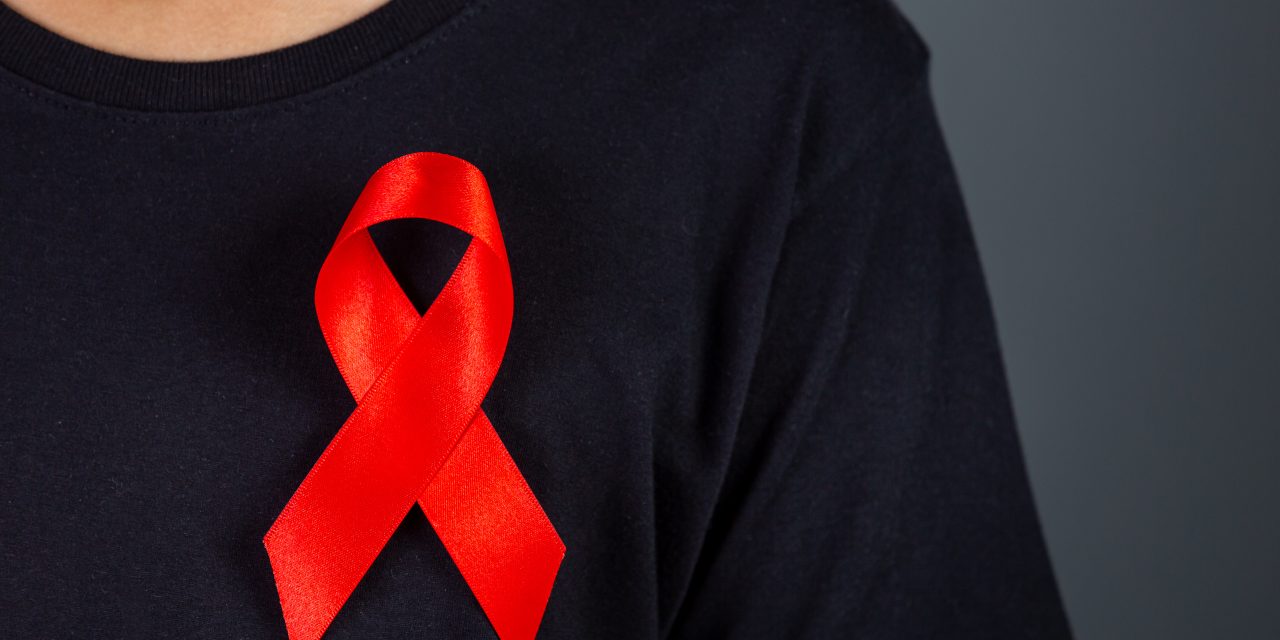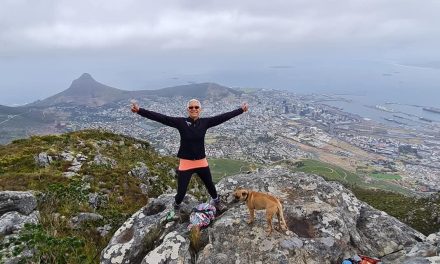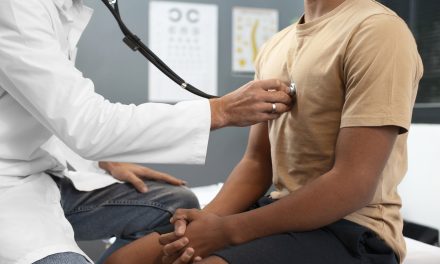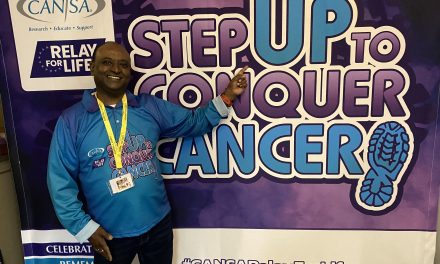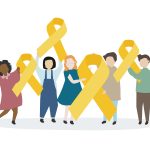Sandiswa Louisa Ben (47) was born in East London and now lives in Cape Town. She has been part of Families South Africa (FAMSA) since 2009, starting out as an HIV counsellor before being promoted in 2015 to HIV Co-ordinator, where she supervises counsellors working across clinics and facilities. Louisa has also been living with HIV since 1998, a journey that has shaped both her life and her work.
What do you remember most about your diagnosis?
I was shocked and in denial. I even asked to be tested three times, but all four results came back reactive.
Back then, treatment and awareness were different. What was hardest to face?
Antiretroviral therapies (ARVs) were not available for everyone, and very few people were open about their status, it was still a secret. Coming from a poor family with no information about the virus was a nightmare. There was no counselling; you were simply told you had six months to live.
What kept you hopeful in the early years, and what keeps you going now?
From 1998 to 2001, I was in denial, and strangely, that helped me cope. In 2002, I joined St Bernard’s Hospice. They provided counselling with a psychologist, support from a social worker, and medical care from a doctor who explained opportunistic illnesses and their treatments. That gave me the knowledge and confidence to manage my health. Training as a counsellor through different institutions helped me deal with stress and gave me problem-solving skills for my own journey.
How has living with HIV shaped your work as a counsellor?
My personal experience allows me to show empathy and truly understand what clients are going through. It helps me connect with people struggling with stigma, disclosure, and self-acceptance. I can give practical advice on HIV prevention, treatment, adherence, and navigating the health system. While I share my experience, I always maintain professional boundaries, confidentiality, and sensitivity to each client’s unique journey.
What changes in treatment have stood out to you?
I only started ARVs in 2013 when I was pregnant, to protect my unborn baby. From 1998 until 2012, I was not on treatment but managed my health through positive living: eating well, using condoms, and avoiding stress. I have not personally experienced stigma because of my role as a public speaker. In fact, many people couldn’t believe I was HIV-positive.

How was your journey with disclosing your status?
My disclosure happened by accident. In 2002, the Mandela Foundation visited St Bernard’s Hospice looking for someone living with HIV who could speak English. I volunteered, and my story was broadcast on TV for World AIDS Day. At the time, I didn’t even own a TV, so I only found out when people told me they saw me.
From then, I became a public speaker and started motivating others. I also formed support groups in East London. Disclosure is not easy – some will accept you, others will reject you. That’s why it’s important to be prepared and educated so you can handle whatever response you receive.
What daily habits help you stay healthy and well?
- I listen to my body and respond to signs of fatigue, stress, or illness.
- I protect my sleep and practise stress management.
- I prioritise balanced meals.
- I love the outdoors and enjoy weekends away with my family or daughter.
- I also keep my circle small, avoiding unnecessary stress and drama.
How do you cope with emotional fatigue or “HIV burnout”?
I avoid people who drain me and set boundaries. I talk openly with trusted friends or a therapist about the emotional toll. I also make time for activities unrelated to HIV that help me feel like myself.
What advice would you give someone newly diagnosed today?
Be yourself. Ask questions, get counselling, and seek out education about HIV – it’s an ongoing journey. Also, understand that you will go through the stages of grief, and allow yourself to move through them step by step.
What does thriving with HIV mean to you now?
Thriving with HIV means moving beyond just surviving the diagnosis and treatment. It’s about living a full, joyful, and self-directed life while caring for my health.
For me, thriving with HIV also means taking care of my physical wellbeing, building emotional resilience, and living free from stigma. It’s about staying connected with others, finding purpose and passion in life, and practising self-advocacy to ensure my voice and needs are heard.
Images: Freepik/Supplied

